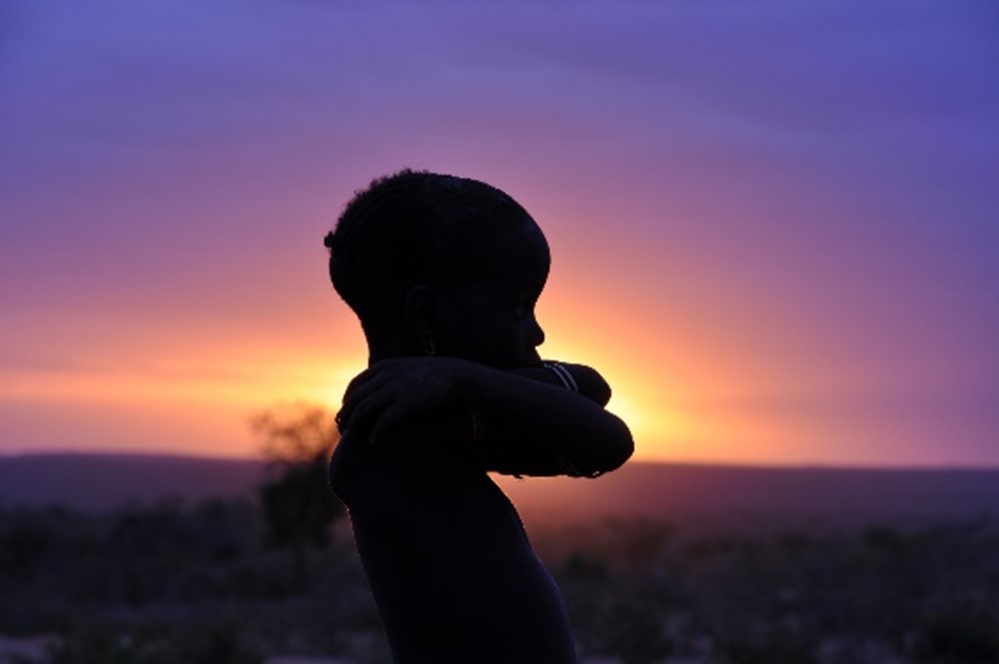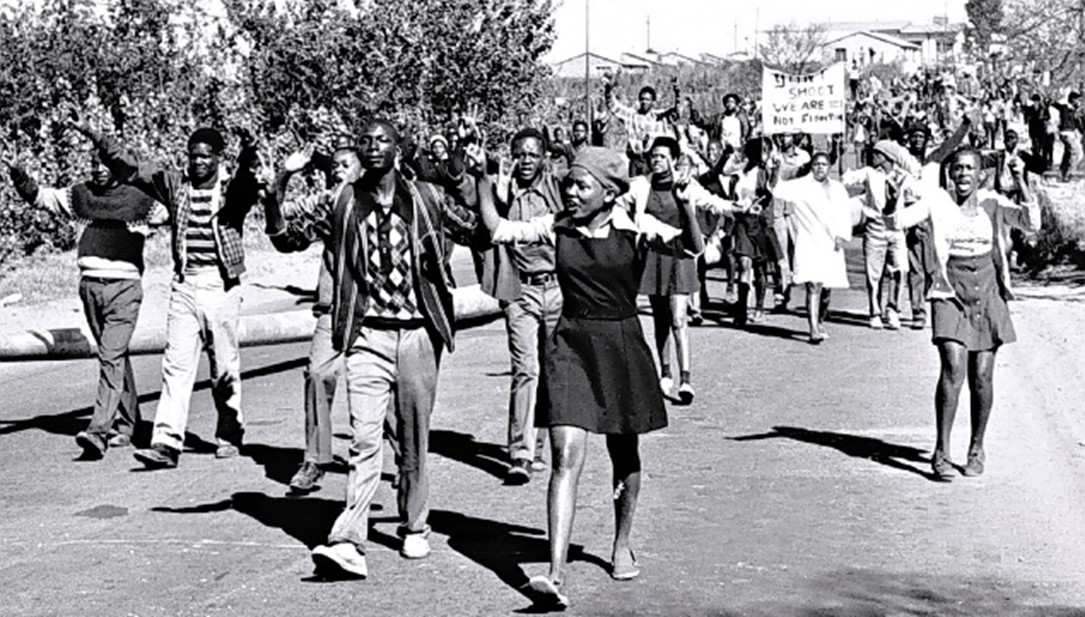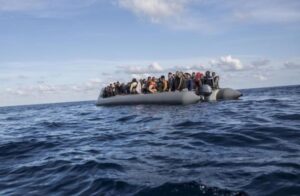
World African Children’s Day
Right to life, health, play, education and freedom are far from the daily reality of children
This date – as we know – is linked to the tragic event that took place on 16 June 1976 in Soweto, South Africa, where thousands of schoolchildren marched together to protest against the poor quality of education given to blacks while apartheid was in force and to demand to be able to study in their native languages, in opposition to a new law that imposed the teaching of English and Afrikaans as equal languages in schools, to the detriment of all indigenous languages and dialects. Although it was a peaceful protest, the soldiers were ordered to fire on the demonstrators, resulting in a massacre of hundreds of boys and girls at that time, as well as over the next two weeks, with an unclear total toll of between 200 and 600 dead and over a thousand injured.

Photo: www.storiadigitale.it
A large proportion of African children, even today, face situations of military, ethnic, religious, social conflict from birth, in very poor contexts, deprived of rights and essential goods. Even today, millions of children in Sub-Saharan Africa do not attend school. And no wonder. At the time, apartheid was an expression of the supremacy of the white colonisers of European origin over the local black populations… which had, moreover, lasted for almost five centuries: ever since the non-European Other began to be considered a little less than human and in any case inferior and ‘naturally’ subordinate or at most under tutelage. Domination, of course, “for its own sake.”
APARTHEID IS A THING OF THE PAST?
IT DOESN'T SEEM SO!
IN EUROPE WE WATCH INDIFFERENTLY AS THOUSANDS OF GIRLS AND BOYS FROM AFRICA (AND ELSEWHERE) DROWN IN THE MEDITERRANEAN.






